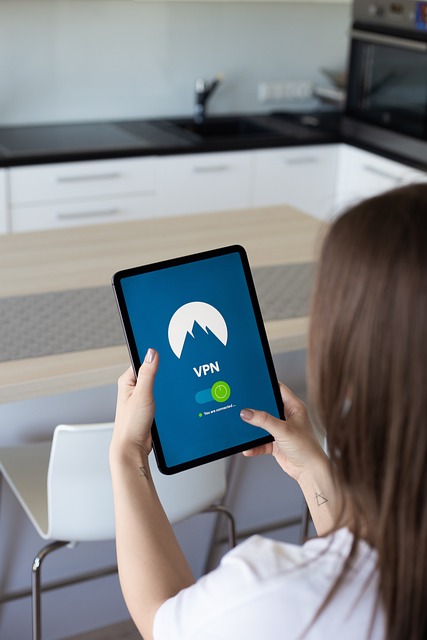Ever see a kid take apart a toy just to see how it works? That curiosity is the first step in learning to code. Coding isn’t just for tech pros, it can unlock a child’s problem-solving skills. It’s a skill for the future. There are many simple ways for children to learn the basics. It’s easier than you might think.
Why Should Kids Learn to Code?
Coding isn’t just about landing a job at a tech company someday. It’s much more. Learning to code benefits children in many ways. It builds valuable skills that extend far beyond the computer screen.
Developing Problem-Solving Skills
Coding teaches kids to break down big problems into smaller, easier steps. It’s like figuring out a puzzle. They learn to think logically and create solutions. Coding fosters resilience. Think about building a tower with blocks. You have to plan, adjust, and sometimes rebuild. Coding is similar, but with digital blocks.
Enhancing Creativity and Logical Thinking
Coding isn’t all about logic. It allows for creativity. Kids can design their own games and stories. Coding helps improve logical thinking. This involves using step-by-step problem solving to achieve an expected result. Board games and strategy puzzles can help with this. Coding helps kids discover new ways to express themselves.
Preparing for the Future
Technology is everywhere. Coding gives kids a good foundation. It prepares them for a tech-driven world. Knowing how technology works is useful in any career. Even if they don’t become programmers. It’s a skill that will set them up for success.
Fun Coding Platforms and Tools for Beginners
There are many platforms and tools to help kids learn to code. They range from easy visual interfaces to more advanced options. Here are a few favorites.
Scratch: The Visual Programming Language
Scratch is a great place to start. It uses a drag-and-drop interface. This makes it easy for kids to create games and animations. It’s project-based, so kids learn by doing. They will gain confidence with the basics. Imagine creating a simple game where a cat chases a mouse around the screen. Scratch makes it easy!
Block-Based Coding with Blockly
Blockly uses visual blocks. It makes coding easier to understand. It’s a fun way to learn the basics of coding logic. There are many tutorials that can teach the basics. You might try building a simple maze game. This involves moving a character from start to finish.
Engaging Robotics with LEGO Mindstorms
LEGO Mindstorms combines building with coding. Kids can build robots and then program them to do tasks. It brings coding to life in a tangible way. They could create a robot that can navigate a course or sort objects. This gives children a hands-on coding experience.
Unplugged Coding Activities: No Computer Required!
Coding concepts can be taught without a computer. Unplugged activities are fun and educational. They help teach coding skills. These activities can engage children.
Coding with Board Games
Board games can teach coding ideas. Games like Robot Turtles teach the basics of programming. Code Master teaches logical thinking. These games help kids learn about algorithms and sequences. They can grasp core ideas in an exciting way.
Coding with Art Projects
Art projects can teach coding concepts like loops and patterns. Create pixel art by coloring squares on a grid. This shows how patterns can be created. You could create a drawing inspired by coding. This combines creativity with coding logic.
Tips for Parents: Making Coding Fun and Engaging
Parents can support their children’s coding journey. Here are some tips to help.
Creating a Supportive Learning Environment
Encourage your child. Be patient. Celebrate small successes. Make coding a positive experience. This will help foster a love of learning. Learning code should be fun.
Finding Coding Resources and Communities
There are many online resources and coding clubs. Look for educational websites and courses. You could learn alongside your child. This creates a shared learning experience. There are a number of learning resources for coding available online.
Conclusion
Coding offers many benefits. It helps kids develop skills for the future. There are fun ways to begin. Explore the resources available. Support your child’s coding journey. Young coders have the potential to shape the world.



